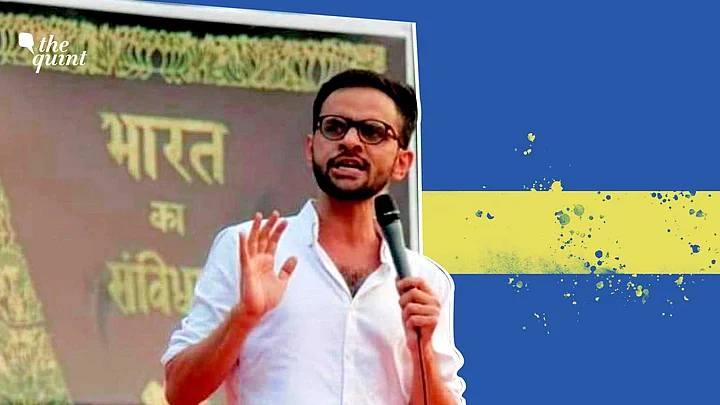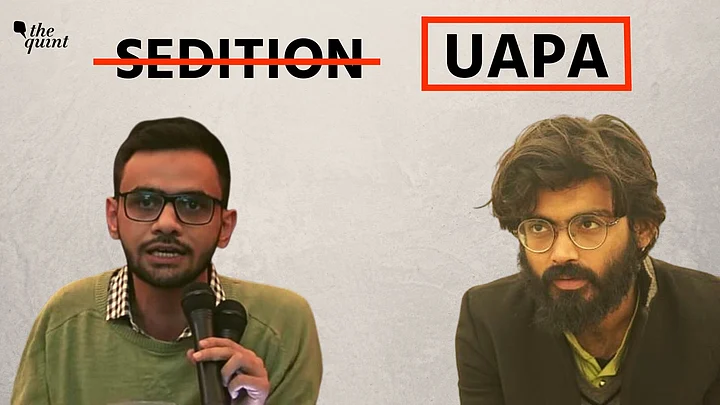The Delhi High Court said on Monday, 30 May, that a speech made in bad taste does not amount to terrorist activity, during a bail plea hearing of former student activist and Unlawful Activities (Prevention) Act (UAPA) accused Umar Khalid, reported LiveLaw.
This is in connection with the Delhi riots 'larger conspiracy' case filed under the UAPA Act and registered under FIR 59.
Referring to the Amravati speech given by Khalid in February, 2020, a bench of Justices Siddharth Mridul and Rajnish Bhatnagar said,
“…Speech in bad taste does not make it a terrorist activity. We understand that extremely well. If the case of the prosecution is premised on how offensive the speech was, that by itself will not constitute an offence. We will give them (prosecution) an opportunity. Offensive and distasteful it was.”
However, the bench added that the speech may tantamount to defamation or other offenses.
It is worth noting that the Delhi High Court had last month termed the former Jawaharlal Nehru University (JNU) student's speech at Maharashtra’s Amravati as “offensive, obnoxious, and hateful”.
The bail hearing has been adjourned till 4 July.
The Background
Last month, on 22 April, the Delhi High Court had verbally remarked that activist Umar Khalid's 2020 speech at Amravati, which finds a mention in the First Information Report (FIR) filed against him in the North East Delhi riots case, is prima facie 'not acceptable.'
Hearing relevant portions of his speech in the court, the bench remarked, "This is offensive, obnoxious. Don’t you think? You say things like aapke purvaj angrezun ki dalali kar rahe the, you don’t think it is offensive? It is almost as if we distinctly get the impression that it was only one particular community that fought for India's independence."
Appearing for Khalid, Pais reportedly submitted that the speech only reflected the opinion of a single man and there was "absolutely no incitement" due to Khalid's statements.
(With inputs from LiveLaw.)
(At The Quint, we question everything. Play an active role in shaping our journalism by becoming a member today.)


